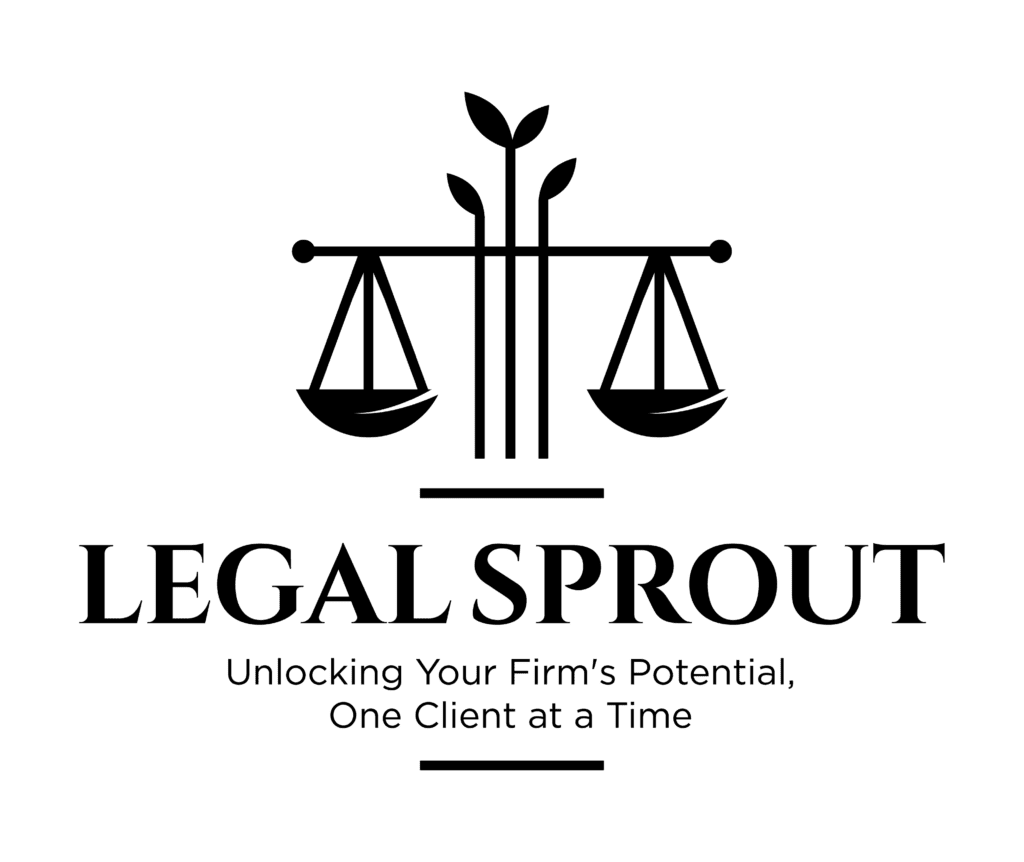Chapter 12 bankruptcy
Chapter 12 Bankruptcy in NC
Chapter 12 of the Bankruptcy Code was designed for farmers and fisherman. Chapter 12 allows you to keep land, equipment, and other. Loan terms can be modified to make payments more affordable and time payments to the completion of the crop or fishing season. Blanket crop liens that cover future years can be modified or eliminated so that you can obtain new financing.
Filing bankruptcy, immediately stops all collection efforts by your creditors. Once you file, your creditors must stop all foreclosure proceedings, cannot repossess equipment, and cannot contact you to demand payment. In addition, filing may allow you to use proceeds that would otherwise be paid to your creditors to complete the farming or fishing season.
During a Chapter 12 bankruptcy case, you work with your attorney to develop a plan to repay your creditors, typically over three to five years. Once you complete your plan payments, any debt not provided for in your plan will be discharged.
Who Qualifies For Chapter 12 Bankruptcy?

To qualify for Chapter 12 bankruptcy filing, an individual or a corporations assets must be primarily related to farming or fishing operations and at least 50% of your debt is related to farming operations, or 80% of your debt related to fishing operations. Any type of agricultural or fishing operation can file under Chapter 12. with less than $10 million in total debt.
Eligibility Criteria:
- Debt Limits: The total debt must not exceed $11,097,350 for farmers and $2,268,550 for fishermen.
- Farmers or Fishermen: The debtor must be engaged in a farming or commercial fishing operation.
- Debt Origination: For fishing operations, 80% of your debts must be connected to fishing activities. For farming operations, at least 50% of your debts should be related to agricultural activities.
The Chapter 12 Bankruptcy Process
Filing for Chapter 12 bankruptcy involves several steps, each requiring careful consideration and adherence to legal requirements. Here’s a breakdown of the process:
1. Filing the Petition
- The bankruptcy process begins with filing a petition in the appropriate bankruptcy court. This petition includes schedules of assets, liabilities, income, and expenditures, along with a statement of financial affairs.
2. Automatic Stay
- Upon filing, an automatic stay is put in place, halting all collection actions by creditors. This means that foreclosure, repossession, and wage garnishments are stopped, providing immediate relief to the debtor.
3. Creating a Repayment Plan
- The debtor must propose a repayment plan, which typically spans three to five years. This plan outlines how the debtor intends to repay creditors, often through a combination of income from their operations and liquidation of certain assets.
4. Plan Confirmation
- The bankruptcy court must approve the proposed repayment plan. Creditors can object, but the court will confirm the plan if it meets legal requirements and is deemed feasible.
5. Plan Implementation
- Once the plan is confirmed, the debtor makes regular payments to a trustee, who then distributes the funds to creditors according to the plan.
6. Discharge of Debts
- Upon successful completion of the repayment plan, the remaining eligible debts are discharged, freeing the debtor from further liability.
When Should You Consider Filing for Chapter 12 Bankruptcy?
- Persistent Financial Struggles: If you’re facing ongoing financial difficulties despite your best efforts to manage debts.
- Creditor Pressure: When creditors are threatening foreclosure or repossession of critical assets.
- Seasonal Income Fluctuations: If your income varies significantly with the seasons, making it difficult to meet debt obligations consistently.
- Desire to Continue Operations: If you wish to keep your farming or fishing operation running while restructuring your debt.
Why Choose Stubbs Perdue For Chapter 12 Bankruptcy?
Stubbs Perdue has represented agricultural businesses for over 50 years. Our agricultural experience extends beyond restructuring your debts to obtaining financing, participation in government programs, crop insurance, and other FSA regulations. Our board-certified bankruptcy attorneys have helped numerous farmers save their family farms and know the unique challenges the farming industry faces today. Over the years, we have represented all types of agricultural operations, including traditional row crop farming operations, hog farmers, livestock operations, produce growers, produce packers, and family fishing operations.
Stubbs Perdue can assist you with Chapter 12 bankruptcy throughout Eastern North Carolina. Call 1-800-348-9404 or contact us online to schedule your consultation at our
Talk to an attorney. Schedule a FREE Consultation today.
FAQ about chapter 12 bankruptcy
How does Chapter 12 bankruptcy affect my credit score?
Filing for Chapter 12 bankruptcy will negatively impact your credit score, making it more difficult to obtain future financing. However, successfully completing a repayment plan can help improve your financial stability over time.
How long does the Chapter 12 bankruptcy process take?
The Chapter 12 bankruptcy process typically takes three to five years, depending on the repayment plan. However, the automatic stay and other immediate benefits take effect as soon as the petition is filed.
Do I need a lawyer to file for Chapter 12 bankruptcy?
Yes, it’s highly recommended to work with an experienced bankruptcy attorney to navigate the complexities of Chapter 12 and ensure that your case is handled properly.
Whats the different between Chapter 12 and other Bankruptcy?
Understanding how Chapter 12 compares to other forms of bankruptcy is crucial for making an informed decision:
Chapter 7 vs. Chapter 12: Chapter 7 involves liquidation of assets to pay off debts, which can be detrimental for farmers and fishermen who rely on their property for income. Chapter 12, in contrast, focuses on reorganization, allowing debtors to keep their assets and continue operations.
Chapter 11 vs. Chapter 12: While both Chapters 11 and 12 are reorganization bankruptcies, Chapter 11 is typically used by larger businesses and involves higher costs and more complex procedures. Chapter 12 is streamlined for family farmers and fishermen, making it more accessible.
Chapter 13 vs. Chapter 12: Chapter 13 is available to individuals with regular income but does not specifically cater to the unique needs of farmers and fishermen. Chapter 12 offers greater flexibility in structuring repayment plans that account for the seasonal nature of these industries.
This FAQ is intended for informational purposes only and does not constitute legal advice. Bankruptcy laws are complex and vary widely. For legal advice specific to your situation, please contact a bankruptcy attorney.

